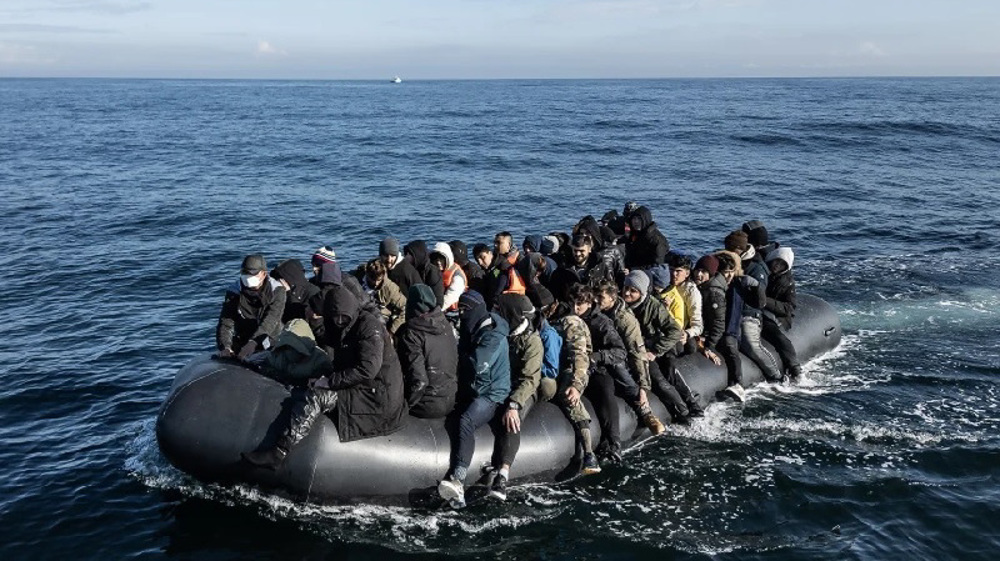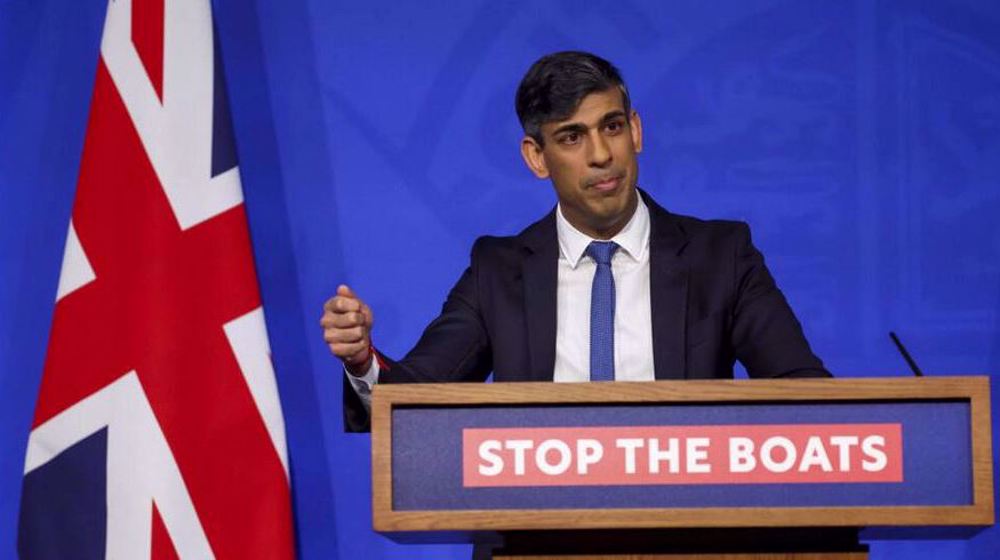Gambia's Jammeh to challenge election result in court
The Gambia's long-time President Yahya Jammeh is set to challenge in court opposition candidate Adama Barrow's election victory.
His party said in a statement released late Saturday that Jammeh's declaration was "a prelude to a petition that the (ruling) APRC Party is in the process of filing before the Supreme Court of the Gambia against a fraud decision of the IEC (Independent Electoral Commission)."
On December 9, Jammeh claimed that authorities had made "unacceptable errors," rejecting his defeat at the polls.
Investigations since the December 1 election, Jammeh said, have revealed a number of voting irregularities.
"I hereby reject the results in totality," Jammeh said, adding, "Let me repeat, I will not accept the results based on what has happened."
Jammeh, who has ruled the Gambia for more than 22 years, added that he had previously accepted the electoral results "believing that the Independent Electoral Commission was independent and honest and reliable."
The Supreme Court judges will have to be appointed before they can consider the president's legal complaint. Therefore, Barrow's inauguration may be delayed.

Jammeh has said that he will not tolerate street protests against his decision to reject the election result.
Sabrina Mahtani, Amnesty International's West Africa researcher, has voiced concern about the unfolding crisis in the African country.
"President Jammeh's rejection of the election results and his statement that he will not tolerate protest risks leading to instability and possible repression."
Latest official figures gave Barrow 43.29 percent of the vote in the presidential election, while Jammeh took 39.64 percent. The turnout was 59 percent.
A correction issued on December 5 by election authorities showed a slim victory for Barrow, just over 19,000 votes.
Western governments have been especially critical of Jammeh’s rule in the Gambia due to his decisions to quit the Commonwealth of former British colonies and the International Criminal Court (ICC).
In quitting the Commonwealth in 2013, Jammeh described the organization as a "neo-colonial institution." He also announced in October that the Gambia would leave the ICC, which he dismissed as "International Caucasian Court."
China describes Iran as ‘strategic partner' in West Asia
April 25: ‘Axis of Resistance’ operations against Israeli occupation
Hezbollah hits Israeli military sites near border with rockets, drones
Rwandans say UK deportation 'another brutal manifestation of neo-colonialism'
US troops begin construction of controversial pier off Gaza
Israel ‘spoofs’ GPS signals, endangering flight safety amid Gaza war: Report
Iran urges Security Council to address 'belligerent' Israeli atrocities
VIDEO | Leader meets workers on Labor Week













 This makes it easy to access the Press TV website
This makes it easy to access the Press TV website